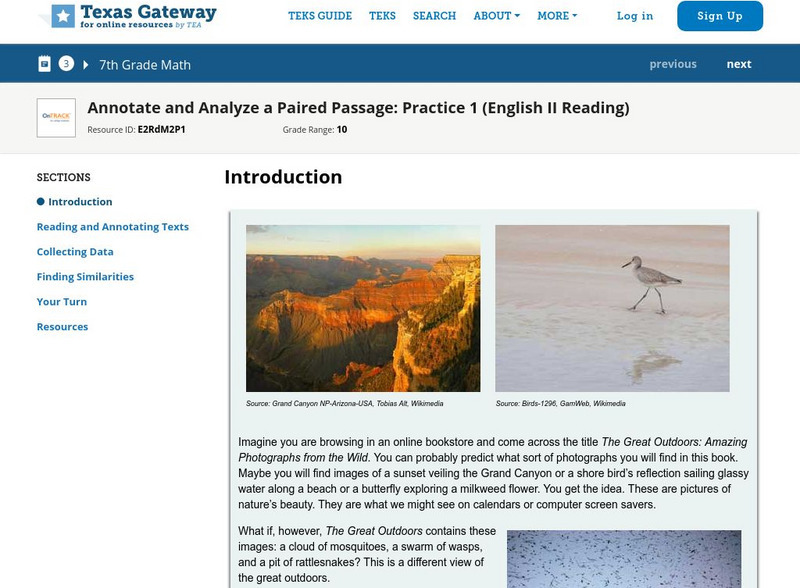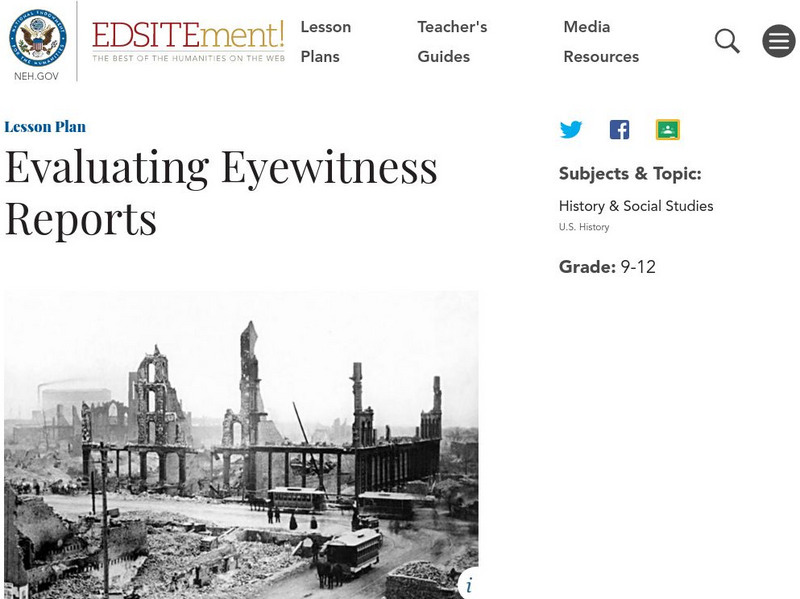Hi, what do you want to do?
Curated OER
Educating the Community
Students research the effects of invasive and exotic plants. They create posters, webpages and books to educate the community. They present their material in different forums.
Curated OER
The Great Migration
Sixth graders explore the uses of herbal plants. They read the book Pharmacy in the Forest and discuss the vocabulary words that pertain to the structure of a plant. Students create a summary of what they have read and watch a video on...
Curated OER
American Presidents and Race Relations
Students discuss the policies of race relations of five presidents. They analyze primary documents to comprehend the various views and actions of five Presidents in regards to race relations. Students evaluate the influence of...
Massachusetts Institute of Technology
Mit: Open Course Ware: Music and Theater Arts: Principles of Design
Course homepage for "The Principles of Design." In this course, students will learn about the principles of theater design, emphasizing script analysis. Links lead to the course syllabus, calendar, readings, assignments, study materials,...
Other
Critical Reading: Inference and Analysis
This site defines inference and analysis. It explains how analysis works, goals of analysis, levels, bases, and how to analyze text. RL.9-10.1, RL.11-12.1, RI.9-10.1 textual evidence and inferences, RI.11-12.1 textual evidence and...
Stanford University
Stanford University: Spatial History Project
Several individual projects are going on under the umbrella of the Spatial History Project. These projects are developed and worked on by students, staff, and scholars as they expand studies within the humanities through spatial,...
Texas Education Agency
Texas Gateway: Analyze Controlling Idea or Thesis, Purpose, and Textual Elements
[Accessible by TX Educators. Free Registration/Login Required] This lesson focuses on how to locate the controlling idea and specific purpose in a text and analyze the roles they play in understanding what you read. You will analyze the...
Other
Prezi: Prove It! (Using Textual Evidence)
Slideshow explains textual evidence and how to use the I.C.E. method when citing it.
Thinkport Education
Thinkport: Citing Textual Evidence: Changing Oceans
Learn how to cite evidence to support ideas presented in a science article about oceans.
Pennsylvania State University
Pennsylvania State University (Dr. Mc Clennen): How to Do a Close Reading
This guide is written for college students, but should be very useful for upper level high school students as well. The writer first describes fourteen steps to take in doing a close reading, then provides six pieces of advice on how to...
Sophia Learning
Sophia: Critical Reading as a Learning Strategy
This tutorial focuses on critical reading using a downloadable PowerPoint presentation, "Critical Reading 101," which includes separating fact from opinion, 6 propaganda techniques, and 6 common fallacies in reasoning. Also provided is...
University of Maryland
Voices of Democracy: Sojourner Truth "Address at the Woman's Rights Convention "
In a speech given before the Women's Rights Convention in Akron Ohio in 1851, Sojourner Truth argued forcefully for the rights of women, drawing particular attention to the position of women of color in the social and legal hierarchy of...
Better Lesson
Better Lesson: Collaborative Booktalk: Sharing and Writing Development
Are dark themes in young adult novels harmful or helpful to teens? Students will explore this question and will create an argumentative writing piece based on textual evidence. Videos of the lesson in action, examples of student work,...
National Endowment for the Humanities
Neh: Edsit Ement: Personal or Social Tragedy? Edith Wharton's Ethan Frome
This activity will challenge learners to weigh the textual evidence for and against the claim that Ethan's woes lay in staying in Starkfield-and not in the details of his personal relationships. In the process, students will close read...
Other
Daniel J. Kurland: Critical Reading: Inference: Reading Ideas as Well as Words
This college instructor offers his insights into critical reading and how to develop skills to interpret as well as comprehend the written word. RL.9-10.1, RL.11-12.1, RI.9-10.1 textual evidence and inference.
University of Pennsylvania
The University of Pennsylvania: Martyrdom in Fourth Maccabees
A doctoral article which discusses martyrdom in 4 Maccabees. Includes several quotes, textual analysis, and a bibliography.
AdLit
Ad lit.org: Classroom Strategies: Inferential Reading
Teaching students to "read influentially" helps them learn how to read more strategically. This technique is derived from the teaching model that learners develop knowledge via the process of interpreting new information in light of past...
Scholastic
Scholastic: Informational Text: Reading Response: Claim Evldence Reasoning [Pdf]
This graphic organizer can be used with students when they read informational text. Students will identify a claim, list text evidence that supports the claim, and explain how the information can be used for their future understanding of...
Texas Education Agency
Texas Gateway: Annotate and Analyze a Paired Passage: Practice 1
In this lesson, you will read and annotate a pair of texts to make inferences, draw conclusions, and synthesize ideas and details using textual evidence. Prepare to get involved in a conversation between you and the two texts you will be...
California Institute of Technology
Spitzer Science Center: Stellar Snowflake Cluster
The Stellar Snowflake Cluster image displayed at this site (in addition to a detailed textual analysis of the image) is enhanced with infrared to display a cluster of newborn stars hidden behind layers of dust.
Harvard University
Harvard College Writing Center: How to Do a Close Reading
A brief explanation of the tasks involved in doing a close reading in preparation for writing. This writer breaks the process into three steps which involve annotating the text, looking for patterns, and asking questions of the text.
Other
Laflemm.com: Reading Resources: Inference
This page has reading tips and exercises that explain inferences. There is an answer key for students to check their work. RL.9-10.1, RL.11-12.1, RI.9-10.1 & RL.11-12.1 textual evidence and inferences
National Endowment for the Humanities
Neh: Edsit Ement: Evaluating Eyewitness Reports
In this lesson, students practice working with primary documents by comparing accounts of the Chicago Fire and testing the credibility of a Civil War diary.
University of California
Ucla: Cultural Studies, and Multiculturalism
In the last third of this professor's article from UCLA dealing with how media culture helps to "forge our very identities," he considers MTV as a way of making cultural studies "multiperspectival" and therefore more varied and valid.
Other popular searches
- Close Textual Analysis
- Textual Analysis Text Features
- Textual Analysis of Poems
- Textual Analysis of Tam
- Textual Analysis of Tkam








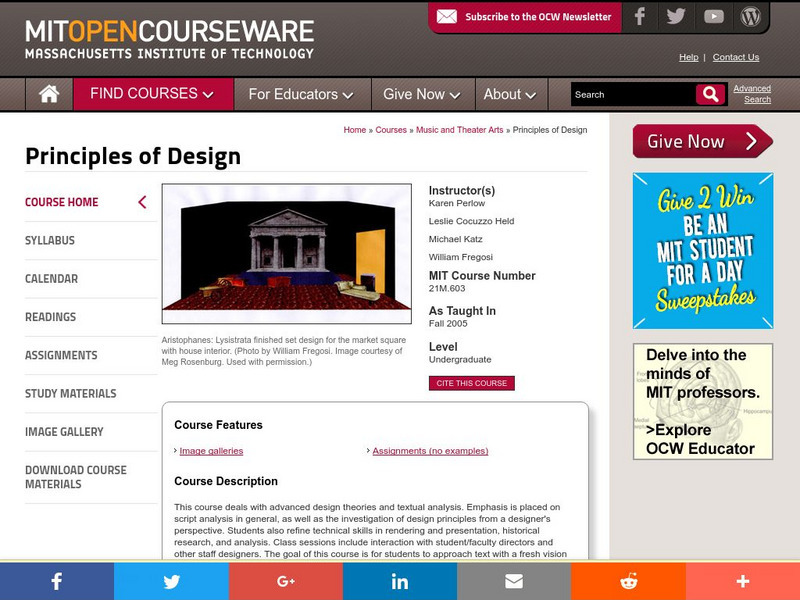
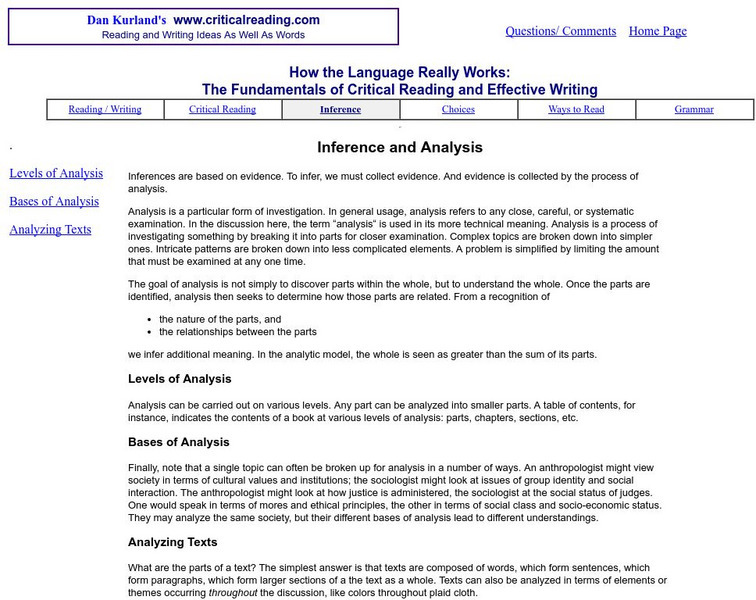

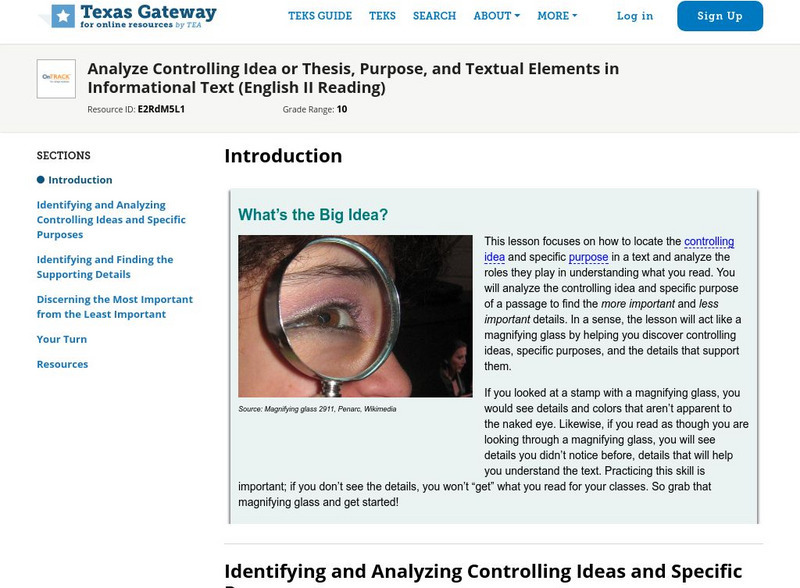
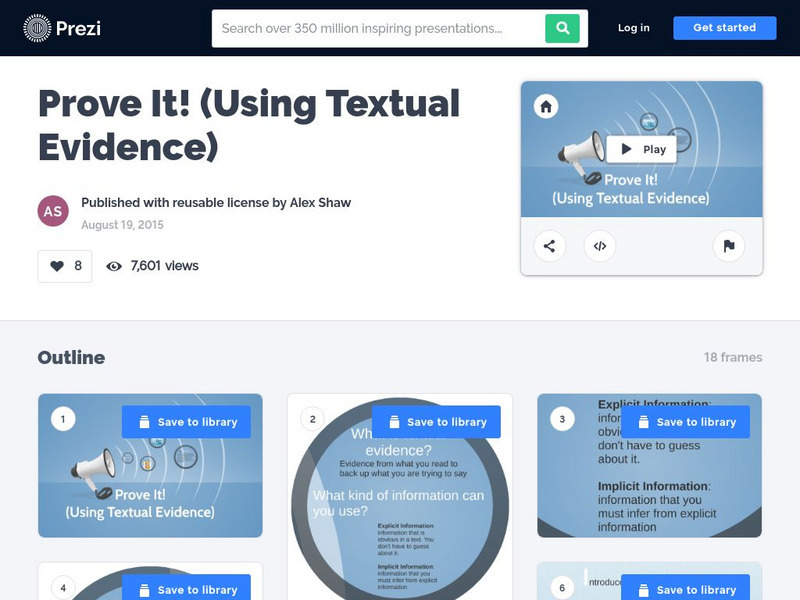



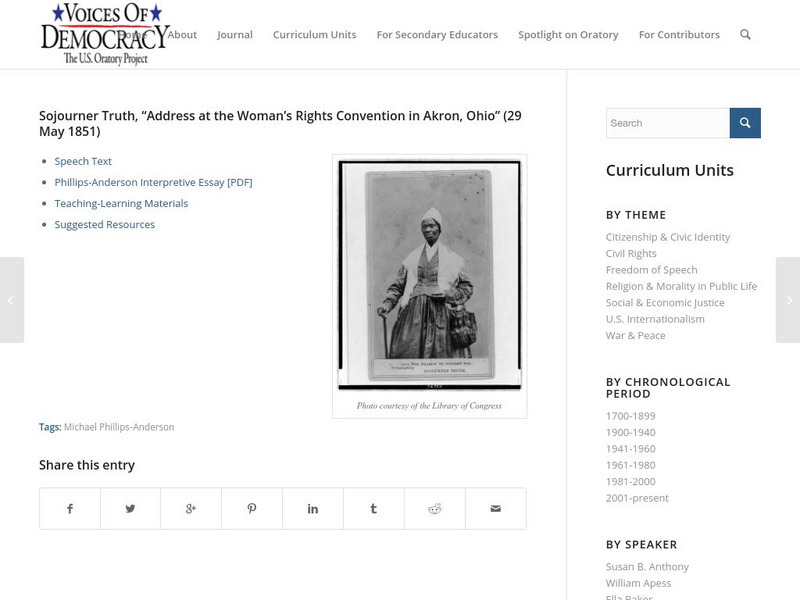
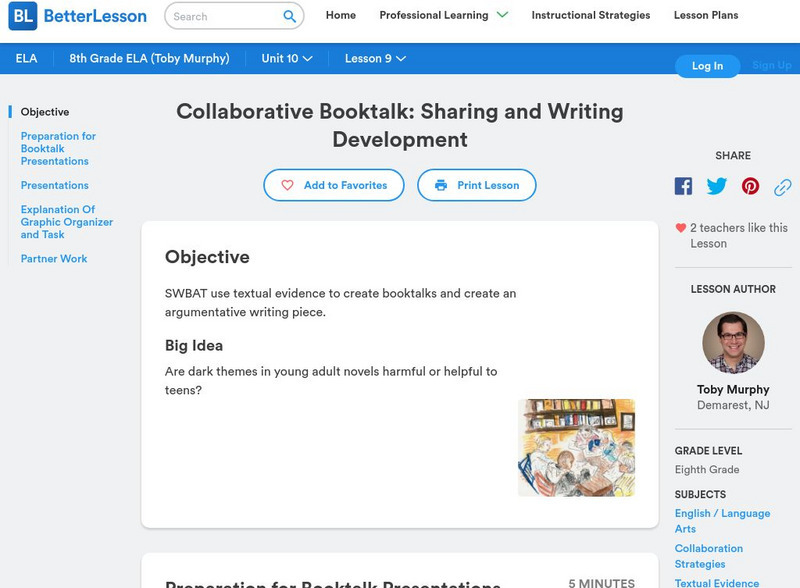
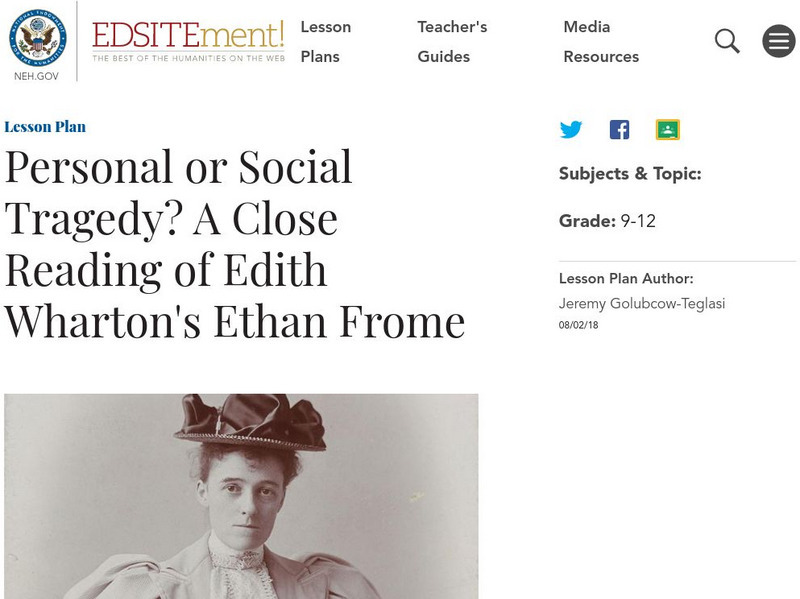
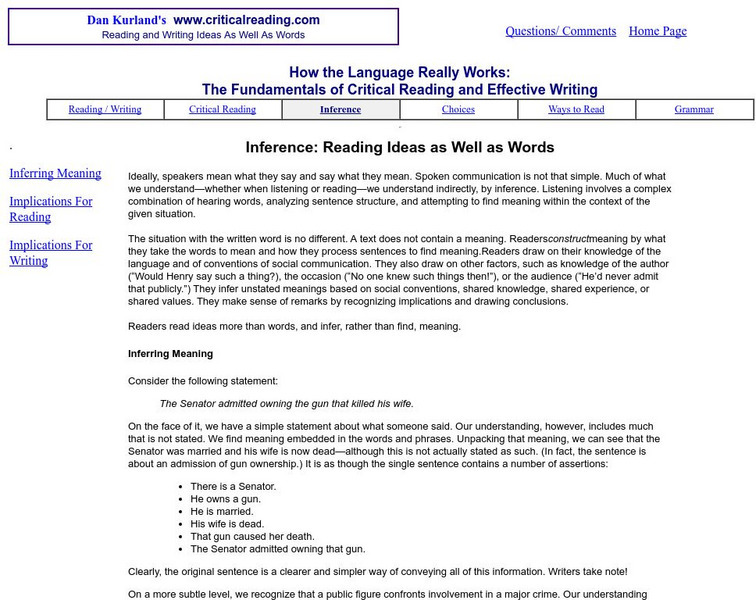


![Scholastic: Informational Text: Reading Response: Claim Evldence Reasoning [Pdf] Graphic Scholastic: Informational Text: Reading Response: Claim Evldence Reasoning [Pdf] Graphic](https://content.lessonplanet.com/knovation/original/244734-74184753ee53d6872b10ba36f1639585.jpg?1661510818)
